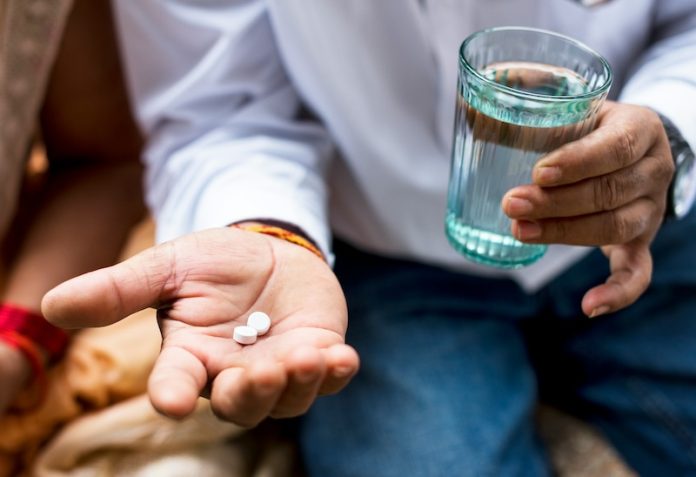
Hypertension, or high blood pressure, is a serious condition that requires proper management to avoid severe health problems.
But effective treatment isn’t just about which medication to take—it’s also about when to take it.
A groundbreaking study led by the University of Vigo, in collaboration with other research institutions, has shed light on the importance of timing for hypertension medication.
Bedtime medication shows better results
The study followed over 19,000 participants for six years, regularly monitoring their blood pressure.
One key finding stood out: people who took their blood pressure medication at bedtime experienced significantly better health outcomes compared to those who took it in the morning.
Here are the benefits for bedtime medication users:
- 45% lower risk of major issues like heart attacks, strokes, or heart failure.
- 66% reduced risk of dying from cardiovascular complications.
- 44% less likely to have a heart attack.
- 40% lower chance of needing coronary revascularization (a procedure to restore blood flow to the heart).
- 42% reduced risk of heart failure.
- 49% less likely to have a stroke.
These findings suggest that the timing of medication may be just as crucial as the medication itself when it comes to managing hypertension effectively.
Reconsidering treatment guidelines
Current medical guidelines for hypertension don’t usually specify when medication should be taken. However, this study could change that. Taking medication at bedtime may offer better blood pressure control and reduce the risk of complications.
Still, experts warn patients not to change their medication schedules without consulting their doctors. Personalized advice is essential to ensure safe and effective treatment.
The role of lifestyle in blood pressure management
While medication is a key part of hypertension treatment, lifestyle changes are just as important. To effectively manage high blood pressure, consider the following:
- Eat a balanced diet rich in fruits, vegetables, and whole grains.
- Exercise regularly to keep your heart and blood vessels healthy.
- Manage stress through relaxation techniques, mindfulness, or hobbies.
- Follow your doctor’s advice and take medications as prescribed.
A healthy lifestyle not only helps control blood pressure but also prevents other health problems.
This study adds a new perspective to managing hypertension and highlights the importance of ongoing research into treatment strategies. More studies may refine our understanding of the best time to take medication for high blood pressure and other conditions.
Meanwhile, natural remedies are also being explored. For example, beetroot juice has shown promise in lowering blood pressure, offering a potential supplement to traditional treatments.
If you’re managing high blood pressure, stay informed and talk to your doctor about the best treatment plan for you. Sometimes, a small change—like the timing of your medication—can make a big difference.
If you care about high blood pressure, please read studies that early time-restricted eating could help improve blood pressure, and natural coconut sugar could help reduce blood pressure and artery stiffness.
For more information about blood pressure, please see recent studies about added sugar in your diet linked to higher blood pressure, and results showing vitamin D could improve blood pressure in people with diabetes.
Copyright © 2024 Knowridge Science Report. All rights reserved.



